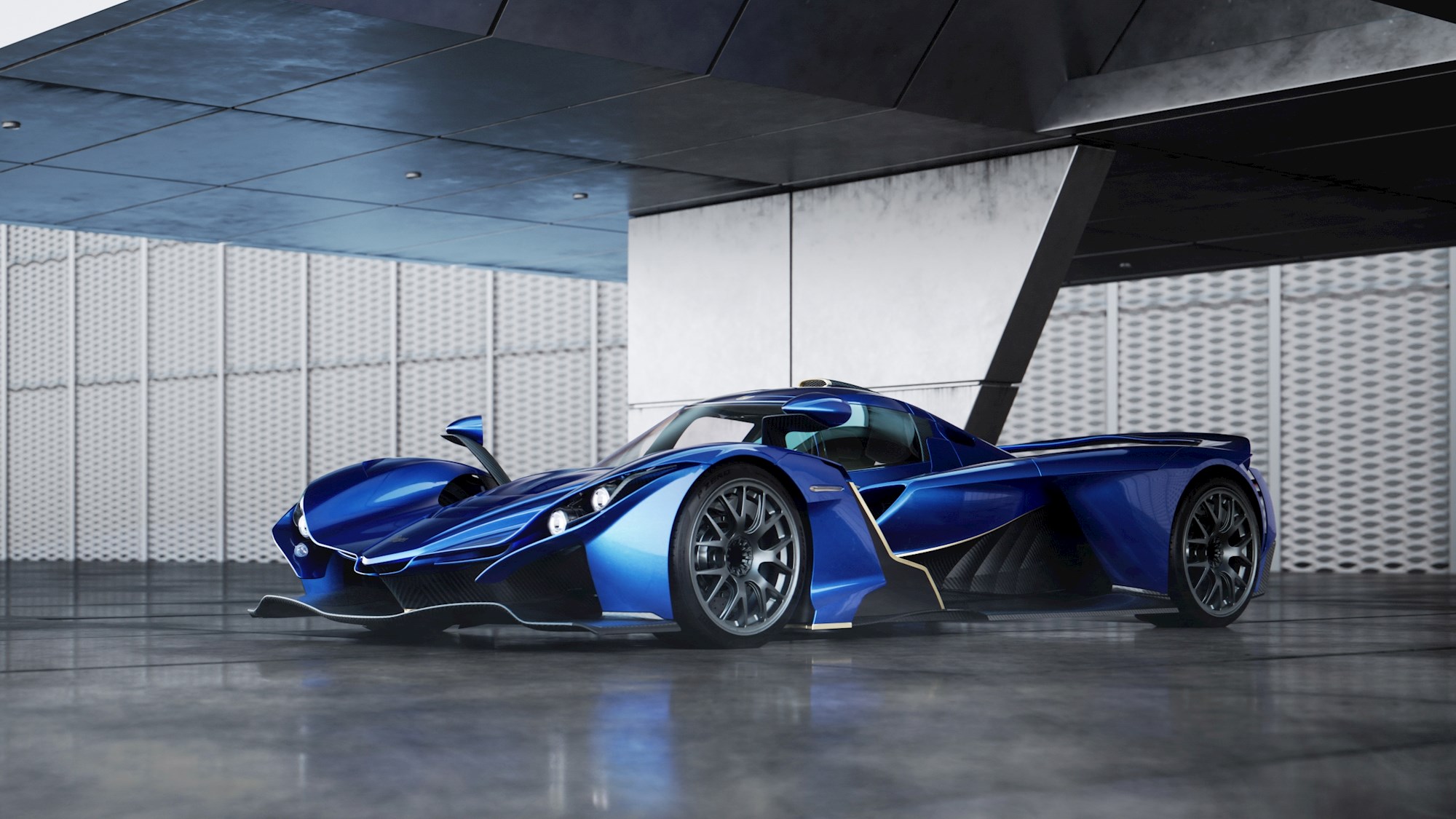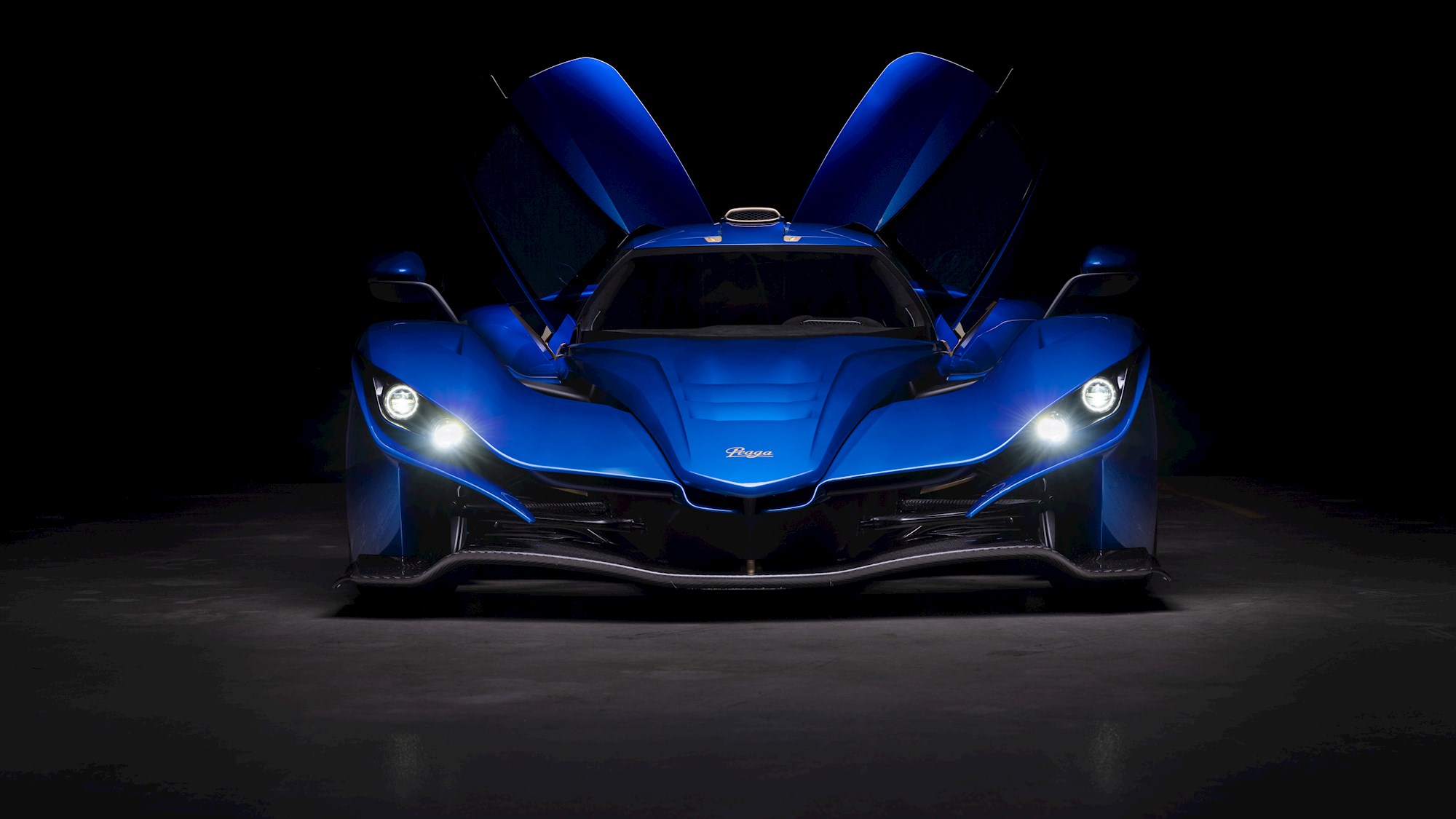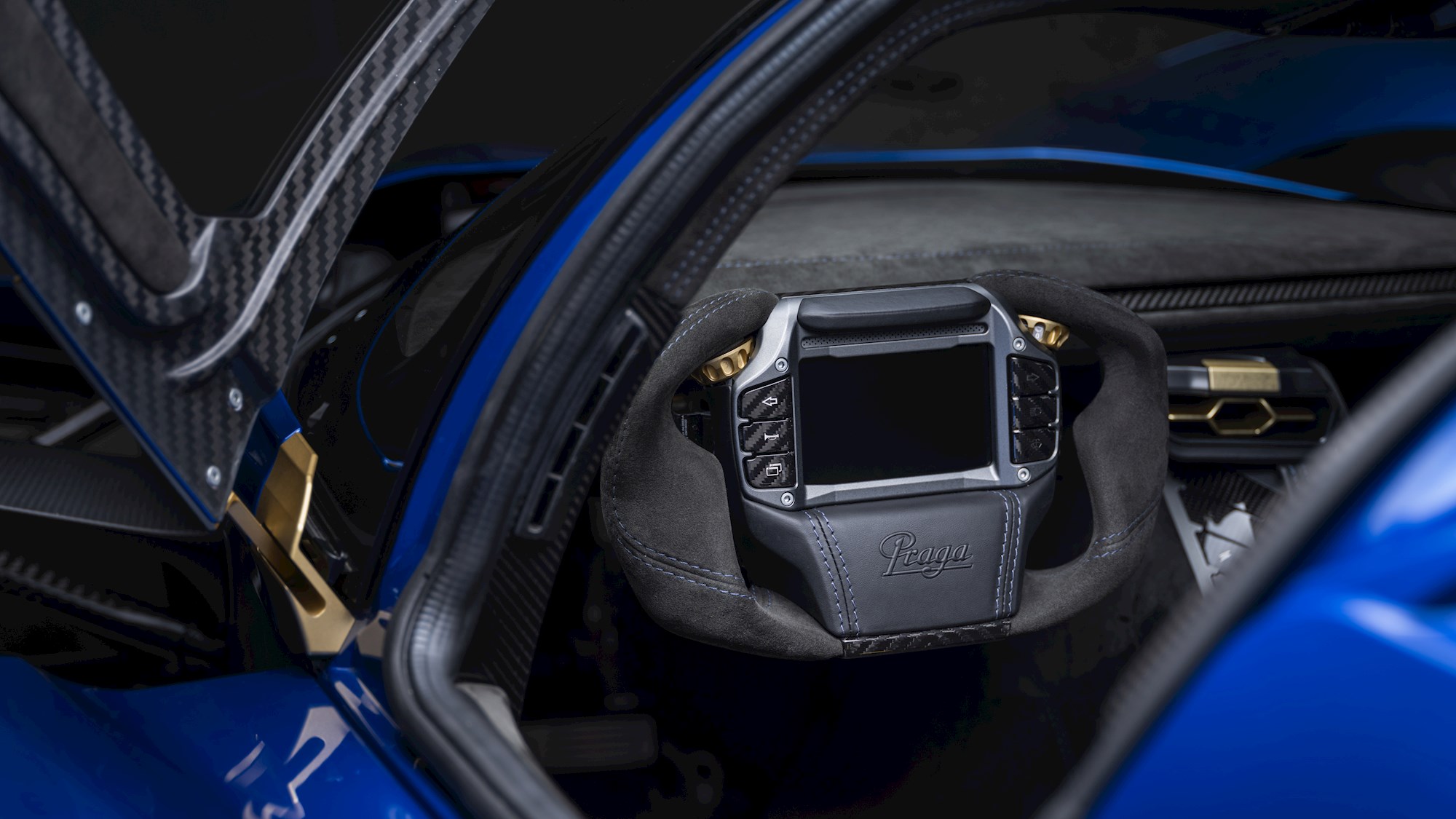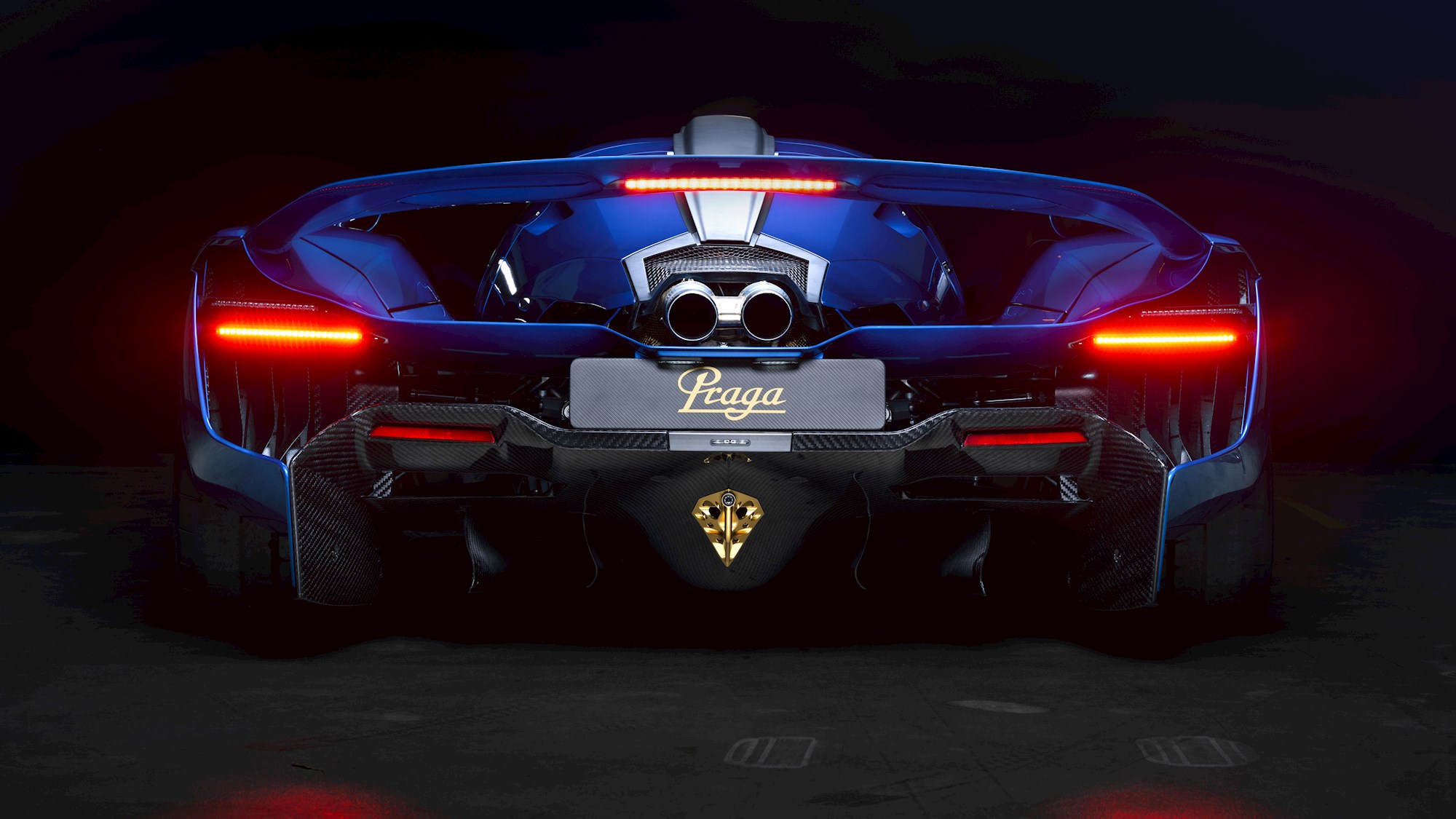Praga is probably the biggest and oldest car brand you have never heard of, but it has a rich history of both car manufacture and motorsport.
Founded in Czechoslovakia in the late 1800s as a heavy industrial manufacturer of everything from bridges to steam trains, Praga had a significant presence in Central Europe during the first half of the 20th century. It moved into vehicle production in the early 1900s, making its first car in 1907, becoming a major manufacturer of cars, motorcycles, commercial vehicles and aircraft.
Car production stopped after World War Two when the new communist government decreed that Praga would concentrate on making trucks and transmissions rather than road cars, with Skoda becoming the country’s car manufacturer of choice, while Tatra was instructed to build luxury cars and trucks.
With the fall of Communism in Czechoslovakia in 1989, Praga became a privately owned company and in the mid-1990s, while still producing trucks and large-unit gearboxes, the company introduced a range of motocross motorcycles, followed in the early 2000s with specialist “go-anywhere trucks” that have most recently achieved strong results in Dakar rallies.
By 2009 Praga started making racing karts and in 2012 launched the R1 racing car that competes in one-make, mixed prototype and mixed endurance race series in Australia, Dubai, the UK and USA.
Many up-and-coming drivers have cut their teeth in Praga’s highly regarded karts, which have been raced worldwide for more than a decade. Praga says that it builds around 7000 kart chassis each year, making it one of the world’s most successful kart manufacturers, having twice won FIA world championships in the past decade.
And now it is heading to Le Mans with the road legal track-focused Praga Bohema that will compete in the new LMH hypercar class.
The Bohema is a sub-1,000kg mid-engined two-seater that Praga says is capable of targeting GT3 race car lap times on its semi-slick Pirellis, yet is also comfortable and practical for road use.
The Bohema is powered by a tuned version of the PL38DETT 3.8-litre, twin-turbo V6 engine from the Nissan GT-R, which Praga says it chose not just because of its sheer performance potential, but also its renowned reliability and tunability.
Nissan supplies brand new GT-R engines to Praga, which are then handed to renowned UK tuner Litchfield Engineering, which has more than two decades of tuning experience and is known as the global authority on GT-R engines.
Litchfield strips the brand-new engines and converts them to dry sump, while also making a number of modifications for increased reliability and power, including swapping to new turbos. In this base-Litchfield specification, Praga says it is targeting the production car to deliver up to 520kW and 725Nm, but Litchfield is known for building 745kW-plus engines from the GT-R unit.
Praga says the inspiration for the Bohema came from longstanding ambassador, former F1 and current IndyCar driver, Romain Grosjean, who challenged the company to deliver a “genuine uncompromised two-person road/track performance car, promising a truly unique driver experience.”
“I was astonished by the Bohema’s amazing performance on track, its accessibility on road, and the ease of transition between the two,” said Grosjean.
“Praga has truly delivered on my challenge. On the road, you get a smooth ride, the car eliminates the bumps, you can chat with the passenger, and everything is calm and OK. Then simply switch focus and you are on the track.”
The Bohema is entering the final few months of development with road and track programmes planned in the UK, Europe and Middle East and at the Slovakia Ring home circuit. Production of the NZ$2 million hypercar is scheduled to begin in the Czech Republic in the second half of 2023, with just 10 cars initially scheduled for 2023 production.
Approximately 20 cars per year will be hand-built over the following four years and the company says it is aiming to make the Bohema road-legal in “all major hypercar markets” and is currently in discussion with potential sales and aftersales partners in countries including Australia, Germany, Hong Kong, Japan, South Africa, Spain, Taiwan, UAE, UK and USA.













